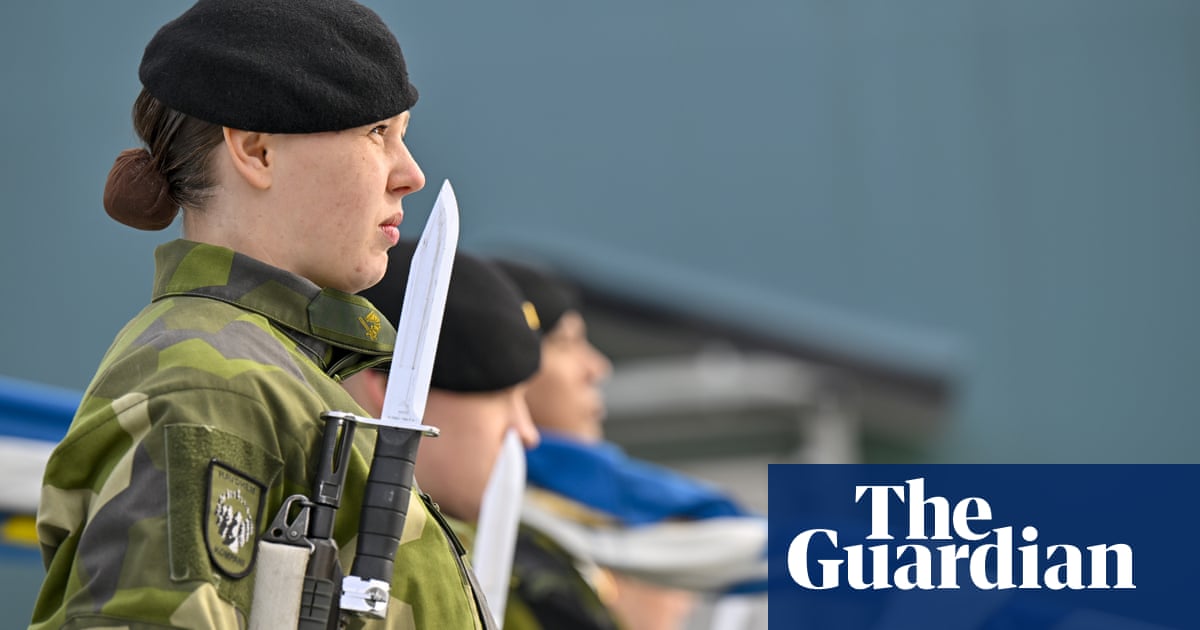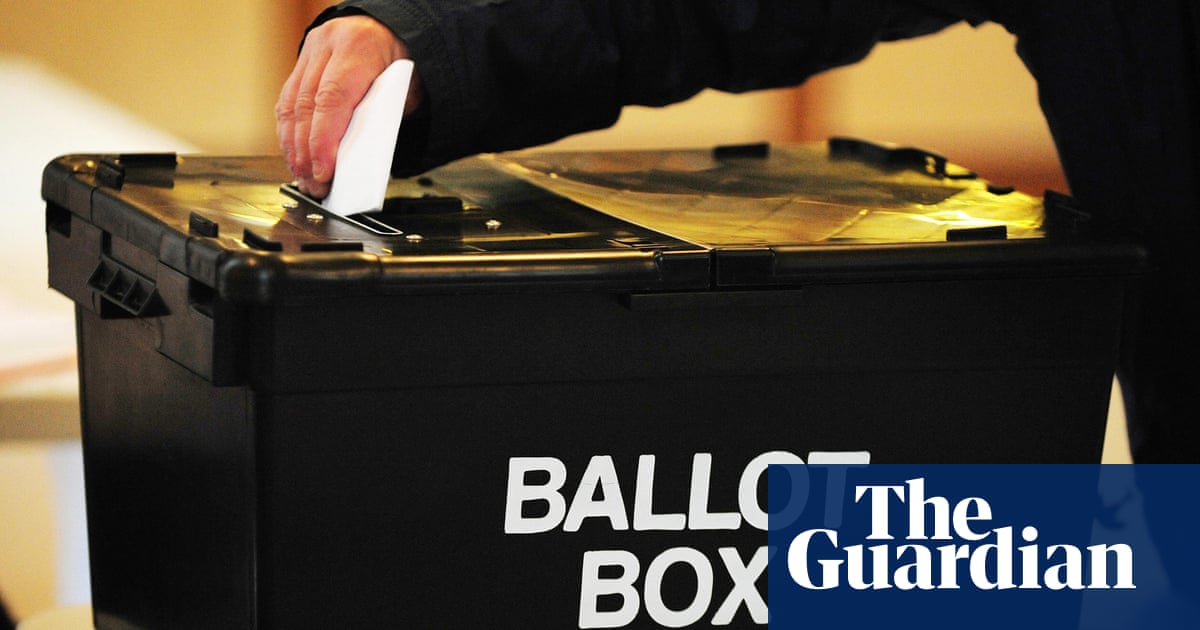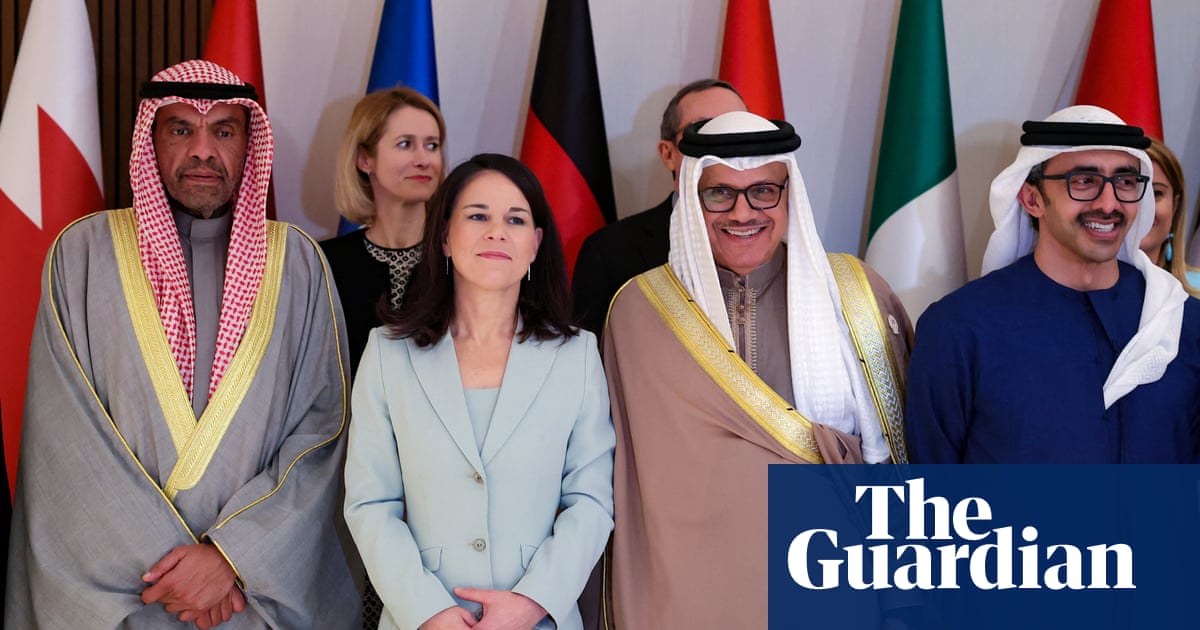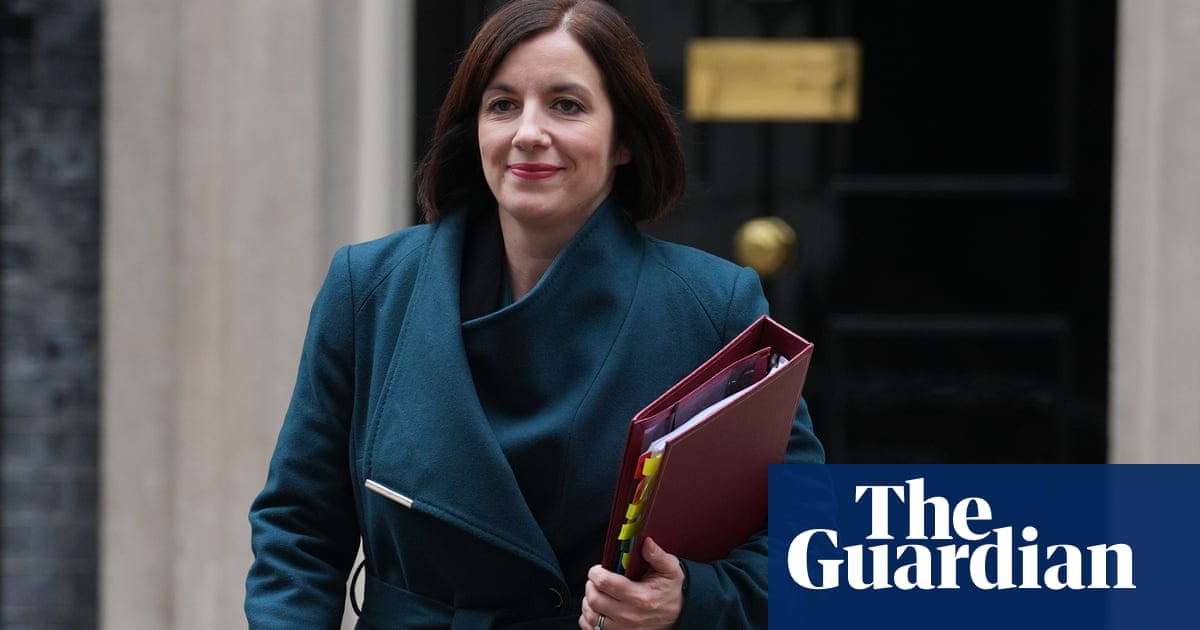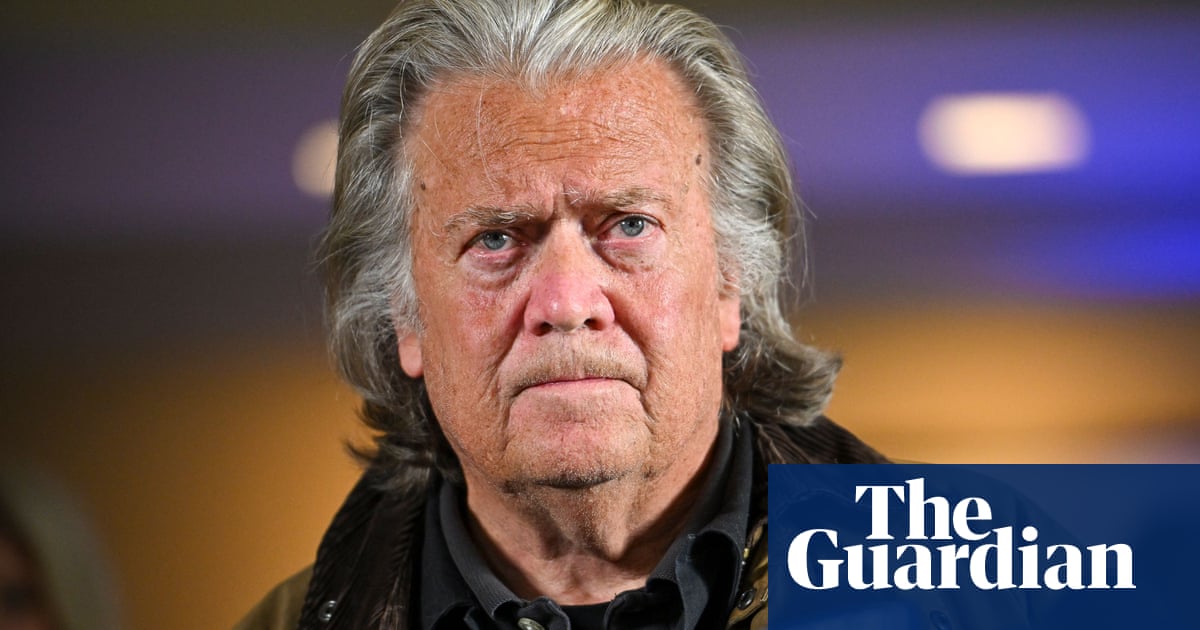An agent for Russia and a Bulgarian based in Britain discussed setting up a “honeytrap” for an investigative journalist, the Old Bailey has heard.
Jan Marsalek, the agent, chatted on Telegram with Orlin Roussev in September 2021 about a plot to target the award-winning journalist Christo Grozev, known for his investigations into Russian espionage, prosecutor Alison Morgan KC said.
Roussev suggested to Marsalek that Vanya Gaberova, 30, could “move slowly to romance” and “push for a date” with Grozev, 64, after the journalist was “very quick” to accept a Facebook friendship request from her. They said the London-based beautician would be too “strongly independent” to fall for him.
Grozev “seems hooked and in love with Vanya”, Roussev claimed in correspondence read out in court, and he had started “liking” pictures and posts she had made, creating what he said was a possibility for a fake romance.
Marsalek queried whether she “would be up for that” and suggested: “Let’s wait a little, let’s not underestimate the guy and his paranoia.”
Roussev, however, said he believed the plot could work because Gaberova was “red hot”. In response, Marsalek voiced a degree of uncertainty, writing in a communication between the two men disclosed in court: “True. I hope she does not fall in love with him. I had that problem before with a honeytrap.”
Roussev told Marsalek that he was “using the wrong type of girls” and that “You need strong, assertive and independence-driven girls.”
Describing Gaberova, he said she was “very, very assertive and strongly independent … true sexy bitch”.
Gaberova is one of three Bulgarians living in the UK who are on trial for being part of the same UK-based spy ring. She, Katrin Ivanova, 33, and Tihomir Ivanov Ivanchev, 39, have denied accusations of gathering information on behalf of Russia.
Two other members of the group, the ringleader Roussev, and an assistant, Biser Dzhambazov, 43, have already pleaded guilty to the same charge. Roussev in turn was in close communication with Marsalek, who prosecutors have said supplied tasks to spy on individuals of obvious interest to the Russian state.
The honeytrap plot did not proceed, but it was part of an intense surveillance of Grozev in the autumn of 2021 in Bulgaria, Austria, Spain and Montenegro aimed at creating “options”. One option discussed was the possible kidnap of Grozev from a villa in Bulgaria.
In another exchange read out by Morgan, Marsalek said it had been “suggested to him” that Grozev should be kidnapped and “taken to Moscow”. Roussev replied: “if you are serious … I have the resources” – prompting Marsalek to write that it is “not a good idea” and will “cause trouble”.
Prosecutors said Grozev was spied on in Vienna, where he lived, by Ivanchev in an operation that involved the journalist being followed and on one occasion filmed as he travelled around the Austrian capital. Cameras were trained on Grozev’s house and his post was allegedly intercepted.
The journalist was placed under surveillance by the group in Valencia, where Grozev was travelling to a conference organised by the investigative journalism group Bellingcat. According to the prosecutors, Ivanova was dispatched to follow Grozev on the plane to the Spanish city, where she was joined by Gaberova and Dzhambazov.
They booked a room at the same hotel as Grozev in Valencia, with Roussev telling Marsalak that the team on the ground were €1,900 above budget to ensure they were on the same floor, and monitored the journalist’s movements closely.
Images were recovered from a laptop prosecutors said was attributed to Gaberova of Grozev having breakfast with Eliot Higgins, the founder of Bellingcat. Morgan said this showed that Gaberova had “conducted surveillance” of the journalist.
Monitoring of Grozev resumed in June 2022, when he was followed by Ivanova on a Wizz Air flight from Vienna to Montenegro. A video shown to the court and taken, prosecutors said, by Ivanova, showed her photographing Grozev with her phone and sending it to a person called Max – said to be Dzhambazov.
The film, Morgan told the court, was obtained from video surveillance glasses worn by Ivanova during the flight. She had filmed herself photographing Grozev on her mobile and also sending the message to her associate immediately after.
Two other surveillance operations conducted by the group were also described in court, including that of Roman Dobrokhotov, the editor-in-chief of independent Russian media outlet the Insider.
Dobrokhotov was also monitored flying to Berlin in November 2021 to give evidence in a murder case; his flight details had been discovered because Roussev had access to advance booking information, the court was told.
When Marsalek heard Dobrokhotov’s travel plans had been unearthed he wrote to Roussev: “future flights are amazing data! I absolutely LOVE that airline system”.
Ivanova secured a seat on the flight next to him, and the court heard that she had sat close enough to him to correctly note the PIN code he used to unlock his phone. “Our agent was very, very observant,” Roussev told Marsalek subsequently, prosecutors said.
The trial, expected to last several weeks, continues.

.png) 1 month ago
6
1 month ago
6




